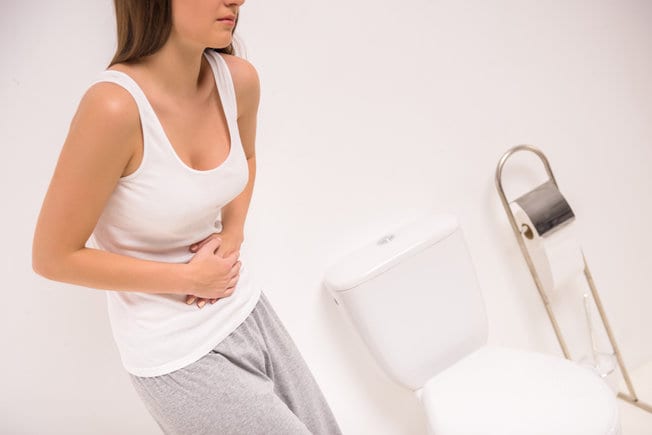Urinary incontinence, also known as UI, refers to loss of bladder control. Anyone may experience this condition, although it becomes more common as a person ages. While it is not a disease, it is a symptom, which may be manifested by a disease.
Causes
Urinary incontinence may be temporary or persistent and both have several causes. According to Mayo Clinic, temporary urinary incontinence is caused by certain drinks, medications, or foods that stimulate the bladder and heighten the amount of urine volume. These include alcohol, caffeine, decaffeinated tea and coffee, carbonated beverages, artificial sweeteners, corn syrup, citrus fruits, vitamin B, vitamin V, cardiovascular medications, sedatives, and muscle relaxants. Also, temporary urinary continence may also be caused by conditions like constipation and urinary tract infection.
On the other hand, persistent urinary incontinence is caused by underlying physical issues caused by pregnancy and childbirth, changes with age, menopause, hysterectomy, enlarged prostate, prostate cancer, obstruction, and neurological disorders, such as spinal injury, multiple sclerosis, Parkinson’s disease, stroke, and brain tumor.
Epidemiology
According to Patient Info, the prevalence of urinary incontinence in adults in institutions is as high as 25 percent. As per the publication, the condition’s prevalence also increases with age, with severe or profound urinary incontinence reported by 21 percent in a cohort study of people aged more than 85 years. Also, it is suggested that about 3.5 million women have urinary incontinence in the United Kingdom. As per the publication, the condition is twice or thrice times more common in women than in men.
Signs and Symptoms
Urinary incontinence presents the following signs and symptoms. As per Mayo Clinic, in stress incontinence, urine leaks when pressure is exerted on the bladder, such as in sneezing, coughing, laughing, exercising, or lifting heavy weights. Urge incontinence is marked by a sudden or intense urge to urinate, which is followed by an involuntary loss of urine. Overflow incontinence presents constant or frequent urine dribbling because of incomplete emptying of the bladder. Functional incontinence is characterized by a physical or mental problem, which prevents a person from making it to the toilet in time. Then mixed incontinence presents a combination of the above symptoms.
Remedies
Pelvic Floor or Kegel Exercises
Kegel exercises are some of the remedies for urinary incontinence. As per Top 10 Home Remedies, exercising the pelvic floor muscles can be useful in the management of the condition, specifically in its early phase. Also, the exercises helps enhance bladder control and decrease urine leakage in both genders. To add, it helps reduce urge and stress incontinence.
To perform, as per the publication, the person tightens his pelvic floor muscles and holds for a count of eight. If the person cannot hold for eight counts, he holds as long as he can. Next, he relaxes the muscles for eight counts. The person repeats the process for eight to 12 times for three times a day.
Bladder Training
Along with Kegel exercises, bladder trainer may also be done as remedy for urinary incontinence. According to Health, it can be done by delaying urination by ten minutes and building up to 20 minutes. As per the publication, increasing the time allows the person to use the restroom for every four hours. Also, the person may keep a diary of toilet use to keep track of the bladder training.
Chili Pepper
A person may also use chili pepper for urinary incontinence. According to Health Line, it is usually used to treat pelvic pain syndrome and studies have found that capsaicin, which is found in the pepper, boosted the bladder capacity from 106 milliliters to 302 milliliters.
Urinary incontinence may not be as severe as pneumonia or stroke, but it puts discomfort to a person. So, it is advisable for a person to seek medical consult for proper assessment, planning, intervention, and medical advice.
